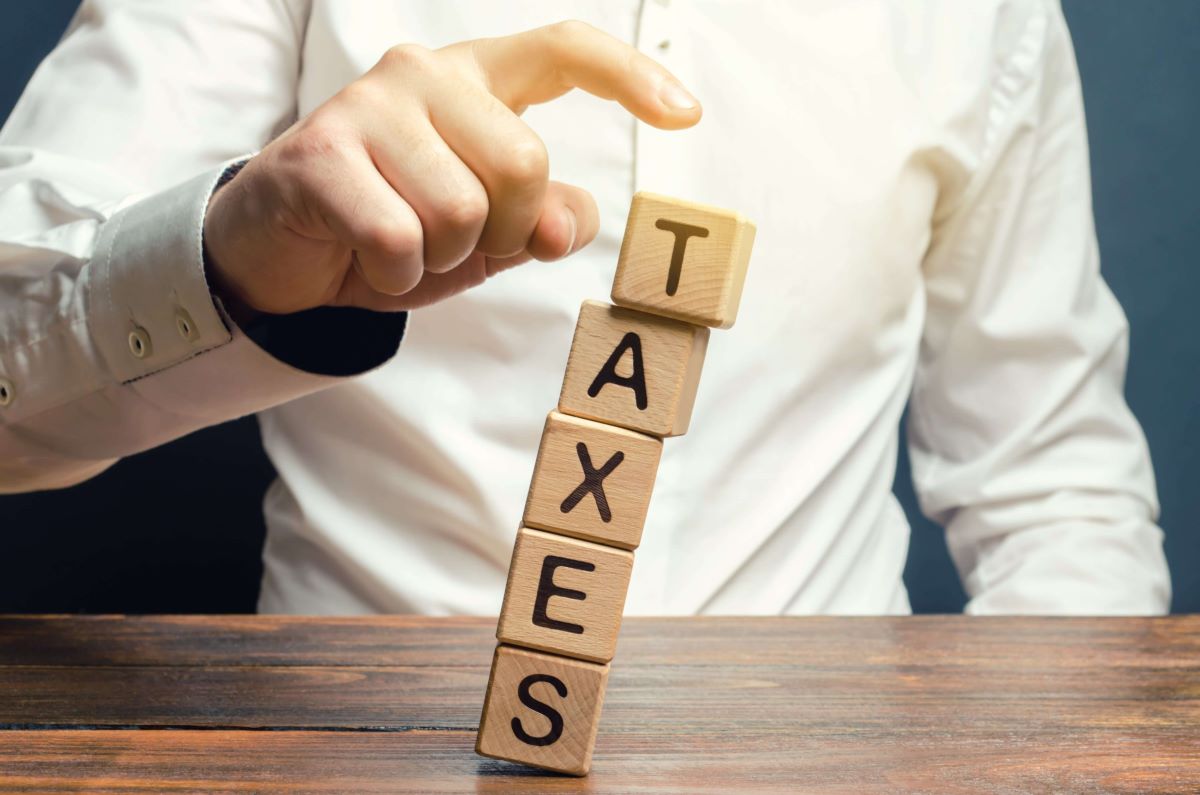Looking for a house for sale in the Philippines or in provinces like Cavite and Laguna where you can start your family is already a challenge. Unfortunately, the responsibilities don’t stop after buying your house as a property owner. There are other boring things you have to deal with, and that includes paying your property taxes.
What Is a Property Tax?
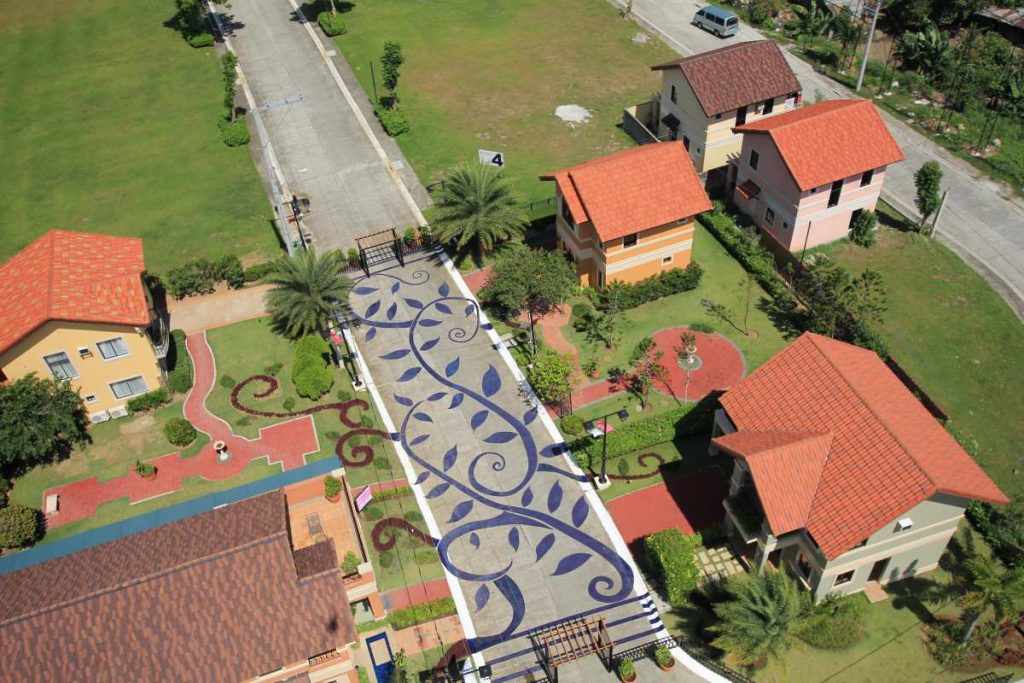
A property tax (or real property tax or ameliar in Filipino) is a charge levied on property owned by a person or a legal entity or business. It is computed by the local government where your property is located and is usually based on the value of the entire property (land included).
The local government unit of your area uses this tax to fund improvements in your city or province and fund services for the community, including fire protection, law enforcement, education, roads, and more.
So, aside from looking for a house for sale in the Philippines, it’s a wise decision to think about the local government where you’ll buy a house.
Your local government unit will determine the assessment level to identify the value of your property. The “assessment level” is the percentage added to the market value to determine how much of your property is taxable.
Meanwhile, the fair market value of your property is based on its current condition and appraisal values. After determining the fair market value, they will identify the classification of the property, be it residential, agricultural, commercial, machinery, timberland, or special.
Property taxes increase every start of the year, and whoever owns the property as of January 1 will be responsible for paying the tax.
What Is a Real Property?
While the Local Government Code of 1991 (the code that covers property taxes) does not explicitly define what a real property is, Article 415 of the Civil Code states the following as real properties:
- Land, roads, buildings, and any construction clinging to the ground.
- Any trees or plants that are attached to the land.
- Statues, painting, and other ornamental items placed in buildings.
- Anything attached to an immovable body in such a way that it will damage or deteriorate the object once removed from the body.
- Animal houses or natural breeding places (animals included) that are placed by the owner with the intent of having them permanently attached to the ground.
- Fertilizer used on a piece of land.
- Industrial machinery that may be carried on a piece of land.
- Docks and floating structures intended to remain fixed on a river, lake, or coast.
- Mines, quarries, and slag dumps.
- Contacts for public works and other real rights on immovable property.
Different Classifications of Real Property
As we mentioned, there are different classifications of real properties that may also affect the amount of your property tax. In this article, we will only discuss the three most common classifications: residential, commercial, and agricultural properties.
Residential Properties
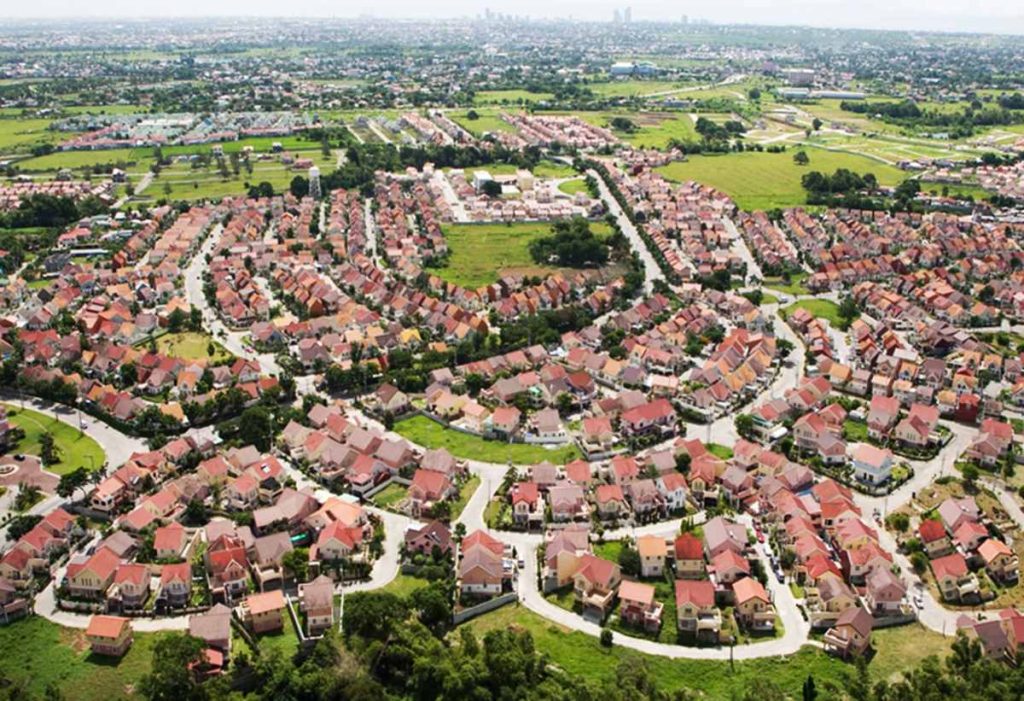
A residential property is any building or unit used as a living space, and must not be used for commercial or industrial purposes. It’s usually owney-occupied, but you can use a residential property to make money, either by leasing, renting, or selling.
However, larger residential properties that are mixed with commercial use are classified as commercial.
Residential properties also have subcategories, including single-family home, condominium, townhouse, and cooperatives. Typically, when one looks for a house for sale in the Philippines, you may want to consider these subcategories.
Single-family homes are houses built on a single lot without any shared walls. Meanwhile, condominiums (or condos) are single units in a large building that share walls with other units. Townhouses, on the other hand, are hybrids between condos and single-family homes.
Lastly, cooperatives (or co-ops) are shared properties where everyone that lives in it owns the building. Therefore, all residents have a shared responsibility over the property. Cooperatives are, however, exempted from real property tax, income tax, value-added tax, documentary tax, and more.
Commercial Properties
Commercial properties are real estate exclusively used for business purposes. These usually refer to buildings that provide spaces for lease for other businesses. Although, they can also include large residential rental properties or land used for profit.
Commercial properties have numerous categories, including:
- Multifamily (or Apartment Buildings) – although used for residential purposes, mid- to high-rise apartment buildings are considered commercial because it is technically a rental business.
- Office – These commercial properties are usually located in cities and suburban areas. In metro cities, these are usually mid- to high-rise buildings.
- Industrial – these are properties that typically involve warehouses, manufacturing, and light to heavy assembly. Industrial properties are usually used to accommodate machinery and are almost always near a highway.
- Retail – these are one of the most common commercial properties. Some examples of retail properties include strip malls, shopping malls, lifestyle centers, factory outlets, and more. The property itself can house one or more stores or businesses.
- Hotels – no matter what size or type, hotels are considered commercial properties.
- Special – these are other types of commercial properties that don’t fall into a specific category. Some examples of special purpose properties include churches, nursing homes, car washes, and more.
Agricultural Properties

An agricultural property involves the real property and assets that generate revenue by producing livestock, poultry, crops, vegetables, fruits, and other agricultural products.
According to the Department of Agriculture, these lands “must not be classified by law as mineral land, forest land, residential land, commercial land, or industrial land.”
Some people may have thought of purchasing agricultural land for a residential home, as agricultural lots are cheaper. However, the agricultural lot used for a residential building must be reclassified to residential land by the local government. Otherwise, you may be subject to legal consequences.
You can, however, still have a residential area within your agricultural property. Lots can be zoned and classified according to its purpose, as long as the area isn’t restricted from conversion.
According to the Department of Agriculture, the following areas are highly restricted from conversion:
- Irrigable lands not covered by irrigation projects
- Lands with industrial crops that support economic viability
- Elevated areas (500 meters and above) that have the potential for growing high-value crops
- Lands within an environmentally critical area
How Much Should You Pay for Property Taxes?
Property taxes in the Philippines are paid for by the legal owner of the property. If the owner is an exempt entity, then the person using the property is responsible for paying the property tax.
Now, according to Section 233 of the Local Government Code of 1991, real properties in the Philippines will have basic property tax of:
- Two percent (2%) if your property is located within the cities or municipalities in Metro Manila.
- One percent (1%) if your property is located in a province.
Your real property tax is determined by multiplying the Real Property Tax Rate and assessed value of your property.
The “assessed value” is determined by multiplying the fair market value of your property and the assessment level. Meanwhile, assessment levels are fixed through ordinances set by your local government unit. Residential properties can have up to twenty percent (20%) and commercial properties can have up to fifty percent (50%) assessment levels.
Furthermore, your local government unit can also collect an additional one percent (1%) annual tax on your property’s assessed value.
Say, for example, a house and lot located in Cavite City owned by Juan Dela Cruz has a market price of 20,000,000.00 pesos. The land is valued at 12,000,000.00 pesos, while the house itself is valued at 8,000,000.00 pesos.
To compute the real property tax of Juan, you must determine the total assessed value of the property by adding the assessed value of the land and the assessed value of the building.
Assessed value of the land = Residential land x Assessment Level
12,000,000 x 20% = 2,400,000.00 pesos
Assessed value of the building = House x Assessment Level
8,000,000 x 20% = 1,600,000.00 pesos
Total Assessed Value of the Property = Assessed value of the land + Assessed value of the building
2,400,000 + 1,600,000 = 4,000,000.00 pesos
Real property tax = total assessed value of the property x real property tax rate of the area
4,000,000 x 2% = 80,000.00 pesos
Although, according to Ordinance No. 08-3233 of Cavite City, “2% Basic Tax and the additional tax of 1% on Special Education Fund shall be collected simultaneously,” hence, you must multiply that tax to the total assessed value of the property.
Special Education Fund levy = 4,000,000 x 1% = 40,000.00 pesos
Which brings Juan’s total tax to 120,000.00 pesos per annum.
Are There Real Property Tax Exemptions?
According to the Local Government Code of the Philippines, under Section 234, there are real properties exempted from tax, these are:
- Properties owned by the Republic of the Philippines or any political subdivisions, unless its use has been granted to a taxable person.
- Charitable institutions, including churches, convents, mosques, and all lands and buildings that are exclusively used for charity, religion, or education.
- Machineries and equipment that are exclusively used by water districts and government owned corporations that distribute water and electric power.
- Any property owned by duly registered cooperatives.
- Machinery and equipment used for environmental protection.
Steps In Paying Real Property Taxes

Paying your real property taxes is pretty much the same in every city or province. Although, some cities may offer the option of settling your property taxes online so you don’t have to leave your home.
In general, however, there are five easy steps to pay your property tax:
- Visit your area’s City Hall and go to the Real Property Tax Section in the Treasurer’s Office.
- Get an order of payment (or OP) from the assessors office.
- Go to the realty tax section and present the OP with the receipt of your latest payment of tax declaration. For newly transferred properties, present your new tax declaration.
- The collection officer will compute your tax.
- After paying your tax, you will be given an official receipt and your payment will be posted on the property tax card.
To summarize everything, here is an infographic for paying your property taxes in the Philippines:

When Should You Pay for Your Property Taxes?
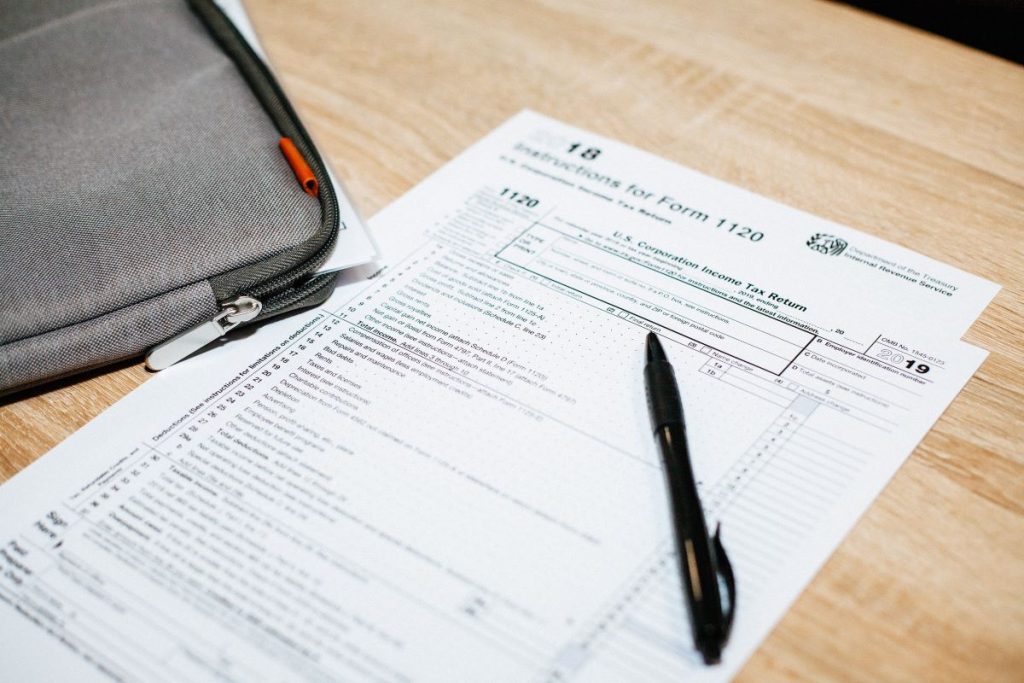
You can pay your property taxes in full within the first month of the year or in four equal installments per quarter. For installments, you need to pay your taxes on or before the last day of each quarter: March 31, June 30, September 30, and the last workday of December.
While paying in installments sounds cheaper, if you pay full in the first month of the year, your local government unit may provide up to 20% discount (rates may vary).
What Happens If You Miss the Deadline?
Unfortunately, the government isn’t friendly when it comes to missed payments. If you miss a deadline, there will be a two percent interest per month on the unpaid tax. If by chance you weren’t able to pay for three years (or 36 months), your penalty will reach up to a maximum of 72%.
Worst comes to worst, if you still can’t settle the balance on top of the interest, your local government unit has the power to auction off your property.
Luckily, all hope is not lost.
Within one year from the date of sale of your property, you have the right to buy your property. Just visit the local treasurer and pay the total amount of the delinquent tax, due interest, the expenses of sale, and the interest of not more than two percent per month between the date of sale to the date of repossession.
This one year period will start as soon as the Certificate of Sale is issued.
Find the Best Home First, Think about Taxes Later
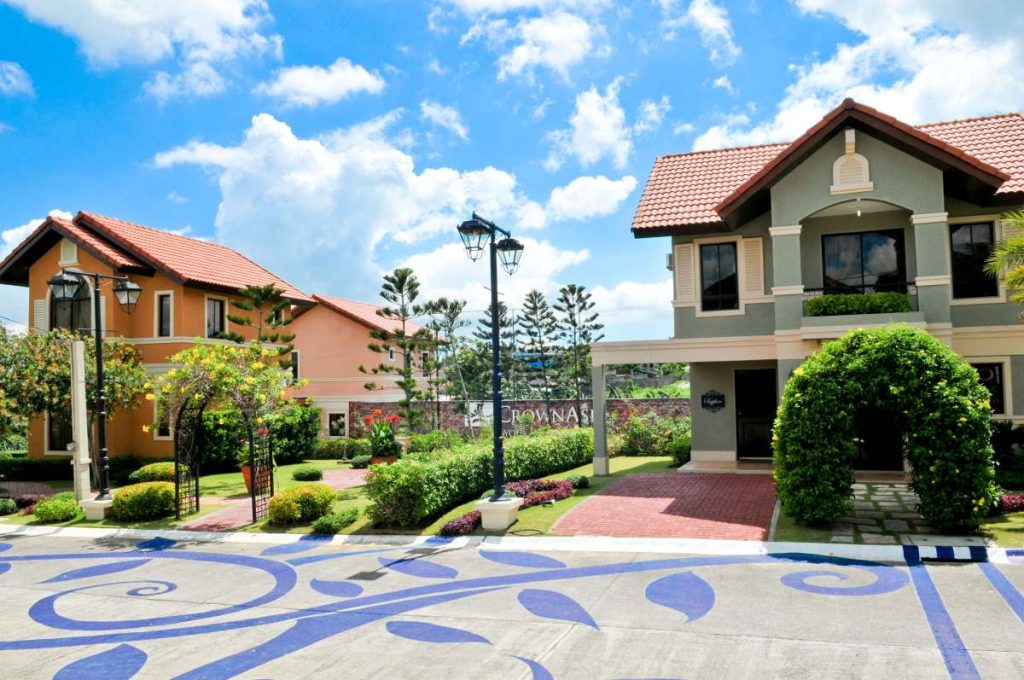
After reading this article, we understand if you’re a bit overwhelmed with all the terms and numbers. Luckily, finding the best home for you and your family doesn’t have to be as complicated as your taxes.
If a high-end, premium home is what you want for your family, we can help. Don’t hesitate to contact us or book an appointment so we can get you started.
Related Blog: Paying your Property Taxes in the Middle of the Pandemic


